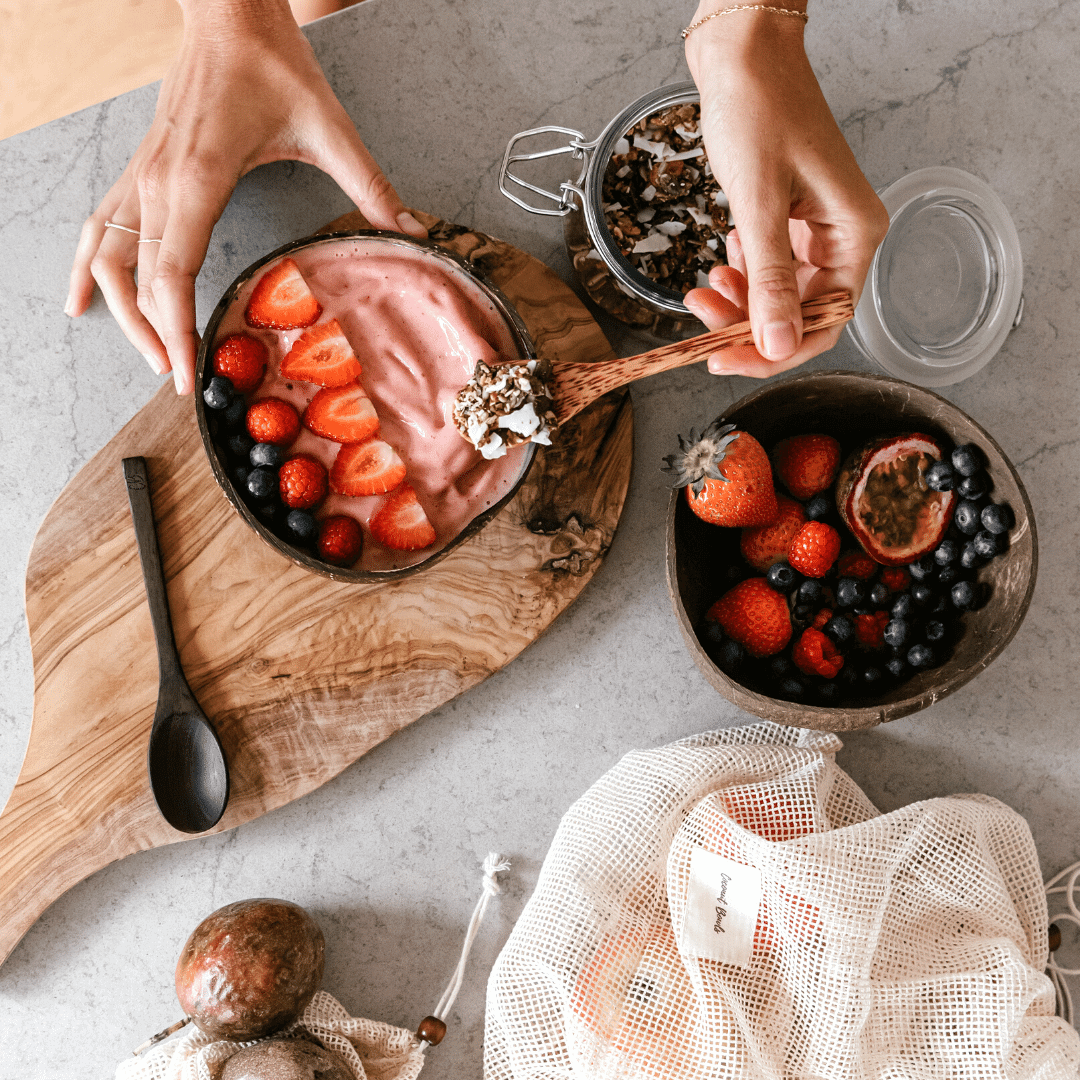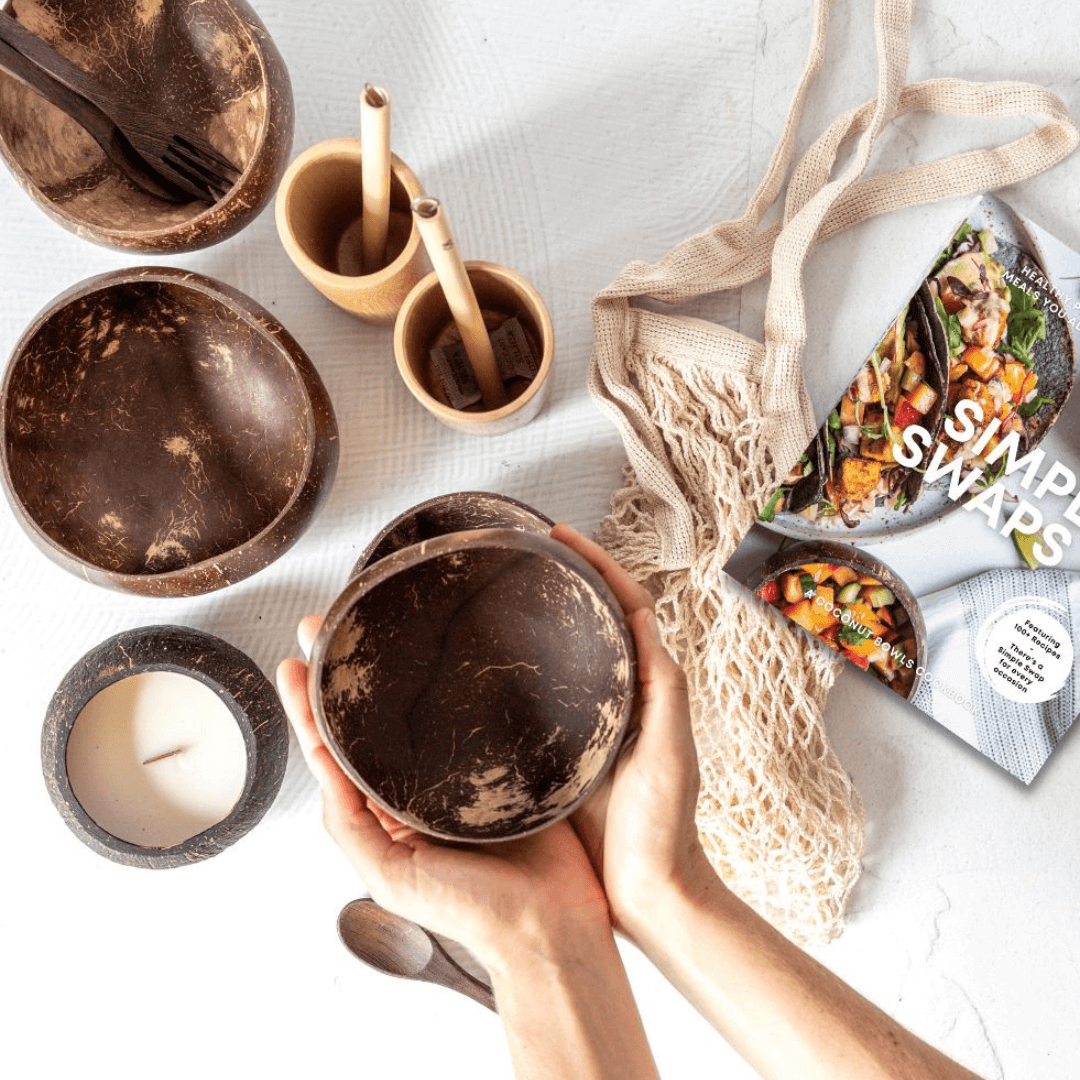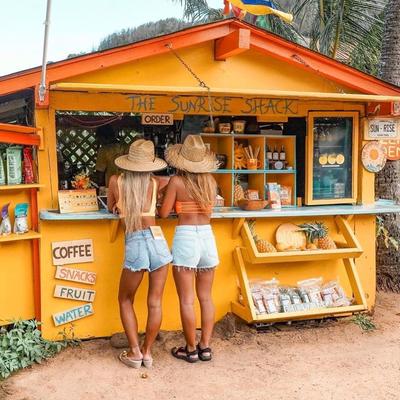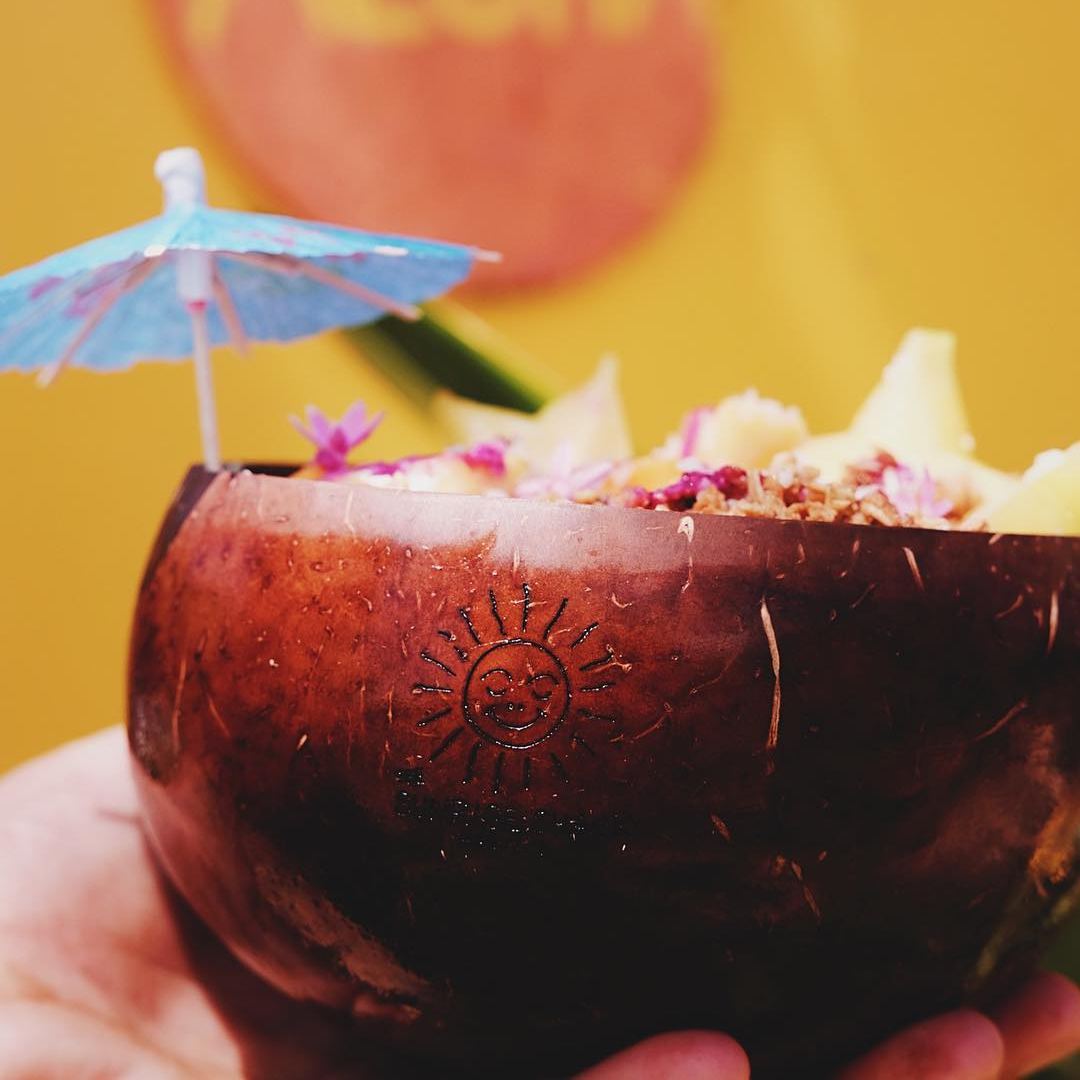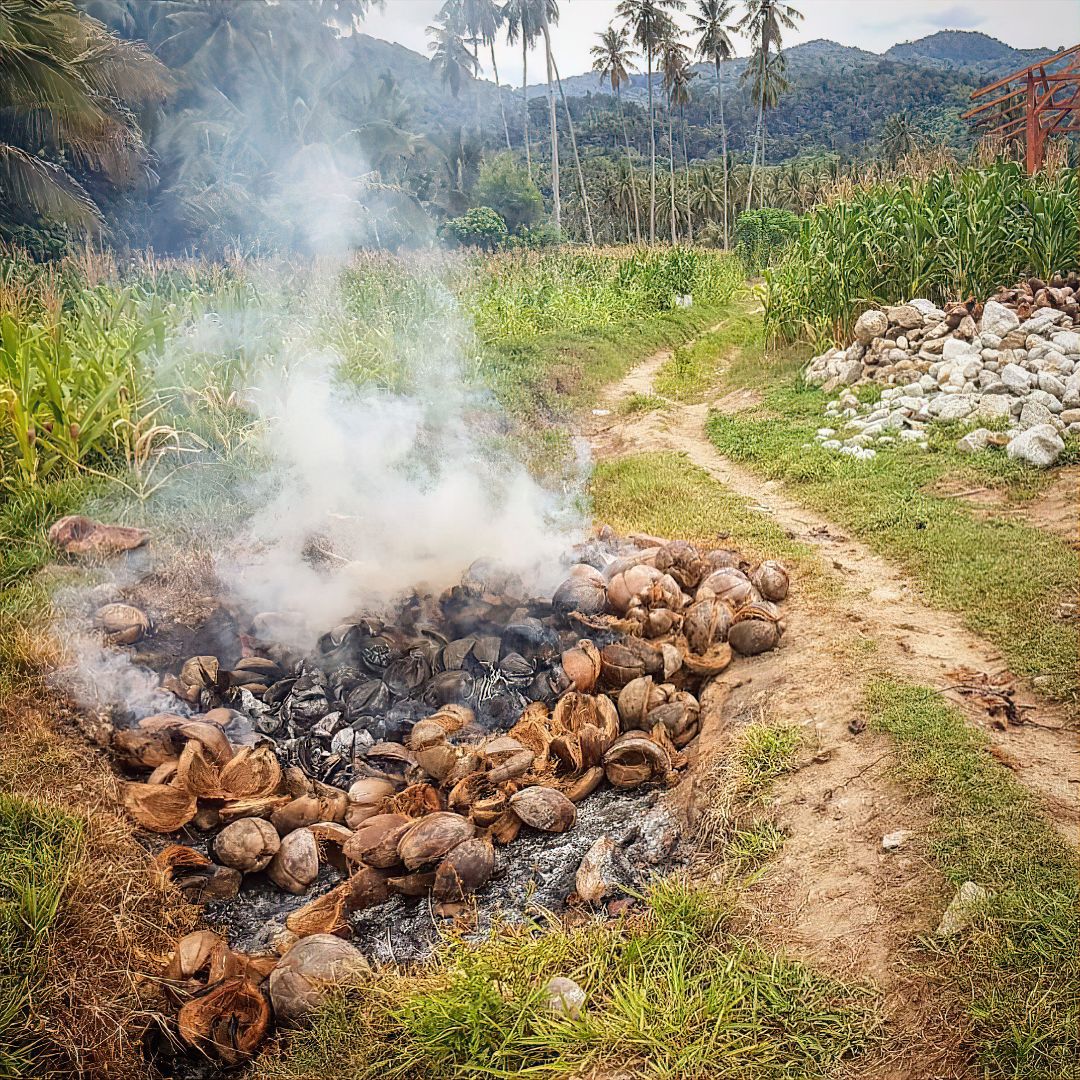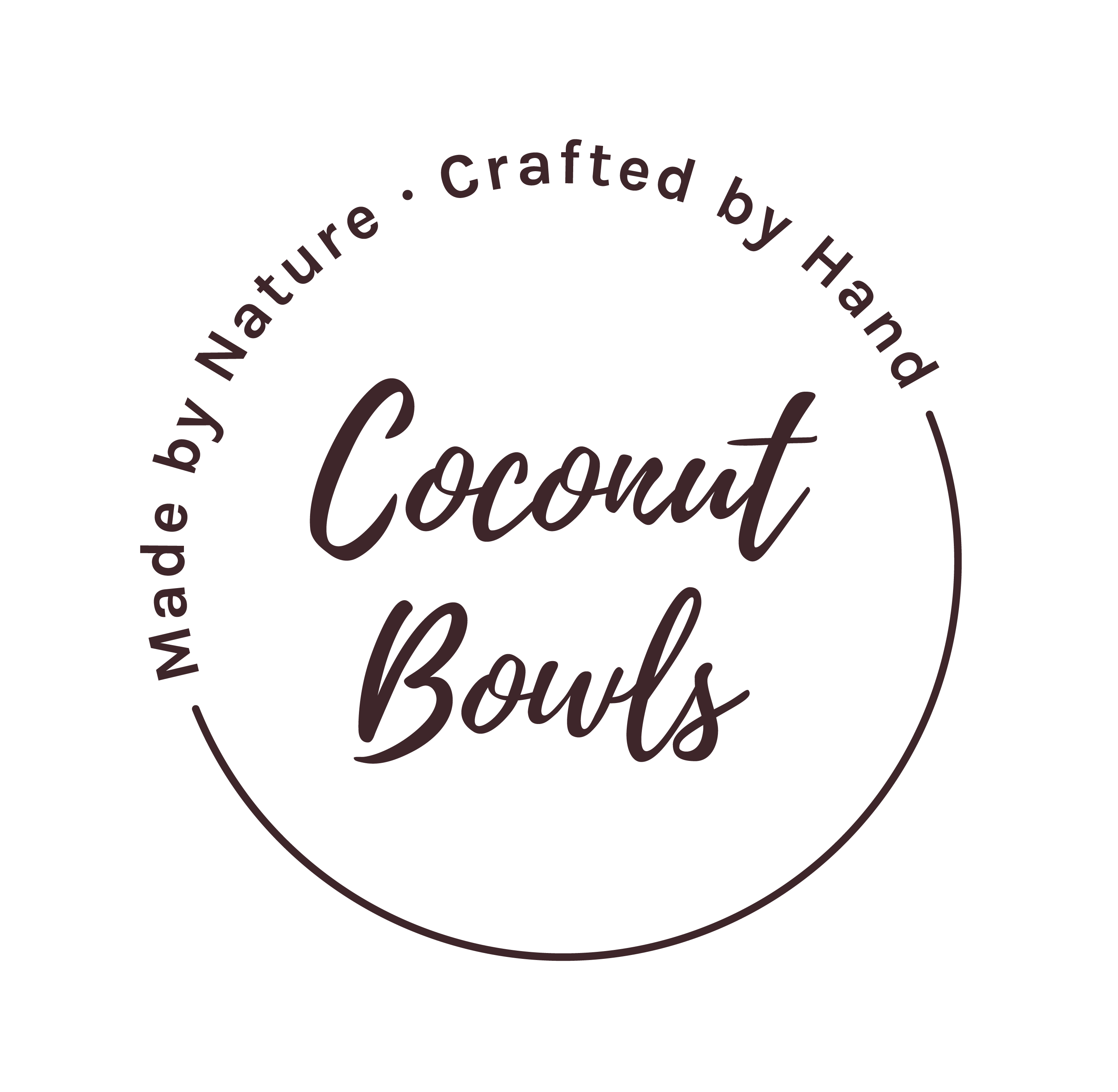Why you should quit single-use products.
The problem with single-use plastic
The world is finally waking up to the plastics epidemic. Defined as ‘items that are designed to be used only once before being thrown away or recycled’, single-use plastics epitomise our society’s throwaway culture and pose a significant threat to the planet as we know it. Since just nine percent of the world’s plastic is recycled, most of it ends up in landfill, the environment, and oceans and waterways. Once there, it does not biodegrade - instead, it takes thousands of years to decompose, posing a danger to our wildlife and polluting nature. Despite increasing awareness of the dangers of single-use plastics, production continues to increase year by year, and unless we all take immediate action it is estimated that the amount of plastic in the ocean will triple within a decade - and eventually outweigh the number of fish. Thankfully, we can all do something about it by committing to quitting single-use products!
The main culprits
We all encounter single-use products on a daily basis - whether it be at our local cafe, supermarket, or takeaway shop. According to an Environment Report conducted by the UN in 2018, the items most commonly found in the environment were:- plastic drinking bottles
- plastic bottle caps
- food wrappers
- plastic lids
- straws
- single-use plastic bags
- foam take-away containers

Where the waste ends up
Here’s a frightening image - over 150 million tonnes of plastic is sitting in our oceans. Have you heard about the literal island of garbage floating between Hawaii and California? It alone contains an estimated 1.8 trillion pieces of plastic, much of which is not degradable. Around 8 million tonnes of plastic waste is dumped into our oceans each year - the equivalent of a garbage truck full of plastic emptying its contents into the sea every minute.Disgusting, right? That’s without even touching on the remainder of the 5 billion tonnes of plastic waste that currently exist, which is either located in landfill or in the natural environment. This plastic does not just disappear - around 60 percent of all the plastic we’ve ever made is still on the earth somewhere - which is why it's now more important than ever to be cautious of our plastic intake.

The consequences of convenience
We’ve all been tempted by the convenience of a plastic set of cutlery with our noodles, or straw with our smoothie - but now is the time to suck it up and say no. Part of committing to reducing plastic waste is realising that everything makes a difference, as insignificant as it may seem. Invest in a reusable set of wooden cutlery that you can take with you to work, to a picnic, or anytime planning on buying a takeaway meal. And on that note, maybe try opting to ‘eat in’ a little more often. At home, be vigilant with your recycling, and support establishments that do the same!

Be prepared and BYO
Cutting down on your consumption of single-use plastics is all about being prepared. There are so many fantastic BYO products out there that won’t harm the earth. Take one of JOCO’s beautiful reusable coffee cups along to your next coffee stop, or an eco-friendly Bamboo Straw for your next trip to the juice bar. One million plastic bottles are bought around the world every minute - let’s help reduce the amount going to landfill by simply packing our own water bottles everywhere we go! And no matter how many times you’ve heard it, bringing your own eco-friendly, reusable shopping bag such as this Market Bag is the only way to keep dangerous plastic bags out of our waterways and away from our wildlife!
Education is vital to making informed decisions on environmental issues. Share this information with friends and family, and together we can work towards a world without single-use plastics!

